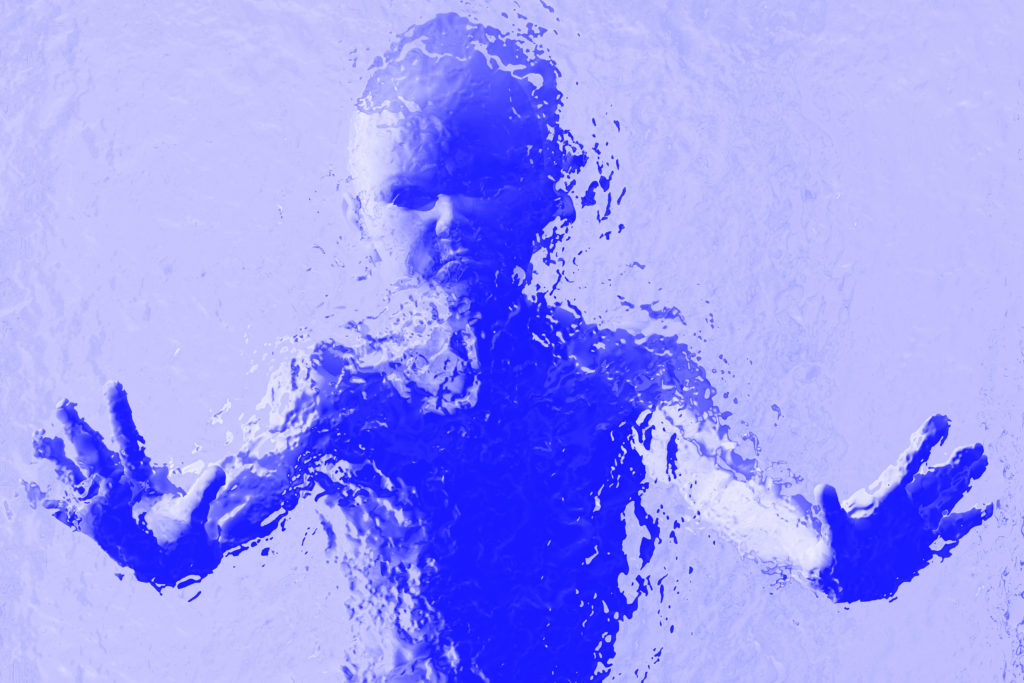By Contributing Reporter
RIO DE JANEIRO, BRAZIL – Brazil shows the highest rates of disability caused by depression (9.3 percent) and anxiety (7.5 percent) in the American continent, according to a study by Opas (Pan American Health Organization).

In a report published in March, the organization says that current investments are below what is required to address the burden of mental disorders in public health.
According to the Ministry of Health, the budget estimate for the mental health sector is R$1.6 billion (US$400 million) in 2019, less than 1.5 percent of the portfolio’s total budget for operations this year (R$122.6 billion).
The average world mental health expenditure is 2.8 percent of total health spending – a low percentage according to international bodies such as the WHO (World Health Organization).
Money is lacking, but the issue is not only budgetary, says Rosana Onocko, professor at the Faculty of Medical Sciences of Unicamp and coordinator of the Mental Health thematic group of Abrasco (Brazilian Association of Collective Health).
“The implementation of public policies for mental health is at the mercy of each government’s opinions or commitments. The system should be more stable,” she says.
According to Paulo Amarante, from the Psychosocial Care Laboratory of the Sergio Arouca National School of Public Health, of Fiocruz, the field requires policies that are not linked to changes in government.
In addition to funds, consideration must be given to where the money is going.
“We are experiencing a dismantling of the entire public policy on mental health in the last 40 years, when a model was revised to allocate 97 percent of spending to psychiatric hospitals by the end of the 1970s,” he says.
At the time, new trends in psychiatry condemned indiscriminate internment in these institutions. As a result, hospital vacancies were closed and social centers and therapeutic residences became more important.
In addition to the increase in the number of people who have lost their health insurance plans, the demand for psychiatric hospitals, in his assessment, has grown with what Amarante calls “current dismantling”.
“Increasing the number of psychiatric beds is easier, hospitalization is a more easy solution for the family, but for those who are suffering it means losing visibility,” says Amarante.

Hospitalization is not a treatment for those who suffer from depression or anxiety, officially classified as common disorders.
There’s an obstacle for these cases. “In care centers, such as the Caps (Psychosocial Care Center), there is much demand for severe disorders, such as schizophrenia. There’s a lack of space for the more common cases,” said Onocko.
R$153 million are earmarked this year for actions by the Psychosocial Care Network, according to the Ministry of Health.
Law 13.819, sanctioned in April, would be an instrument for preventive actions, determining the compulsory notification by health establishments and educational institutions of cases involving violent self-inflicted harm .
“It is good to extend care, but an ordinance is not enough; it is necessary to offer support, to expand the reception network,” says Amarante.
The Ministry of Health states that assistance to people with mental disorders occurs integrally and free of charge in several SUS units throughout Brazil.
Among the monitoring reference services are 42,000 Family Health Units and 2,589 Psychosocial Care Centers.

